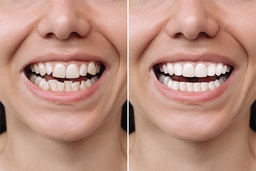How to Make Toothbrushing Fun for Your Child
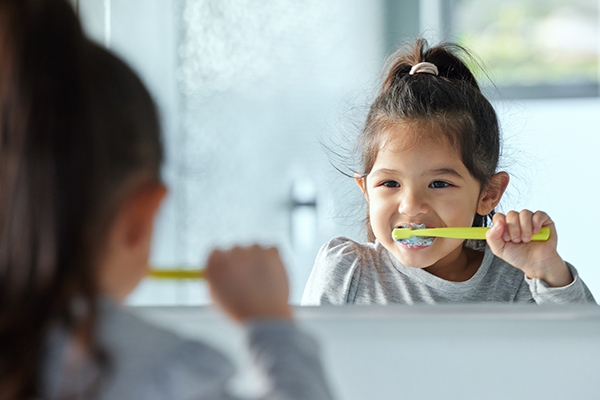
You cannot compromise on brushing your teeth with your child. It keeps their teeth clean and healthy, prevents cavities, and could help avoid expensive orthodontic treatments in the future. Good oral hygiene is essential for their overall health and well-being.
Teaching your child to brushing their teeth
Baby teeth usually start to emerge between 6 and 14 months of age. Although they eventually fall out, keeping them clean is crucial. Baby teeth serve as guides and space holders for permanent teeth, which helps ensure proper alignment. About 40% of children have cavities by the time they enter kindergarten, so building good brushing habits early is critical.
Cavities in baby teeth can cause bad breath, even in young children. Strong baby teeth also support chewing, speaking, and jaw development, making oral hygiene essential.
At this time, children enjoy sweet snacks and beverages. Food and drinks containing sugar that are in a child's mouth for a long time can cause cavities. Here's the journey ....
- When children drink or eat sweet foods, sugar coats the teeth.
- The Sugar feeds the naturally occurring bacteria in the mouth.
- Bacteria produce acid.
- Acid causes cavities.
Therefore, you need to maintain your child's dental and oral hygiene by:
- Brush their teeth gently with water and a soft, child-sized toothbrush.
- Do not use fluoride toothpaste until they are two years old because of the risk of swallowing large amounts of fluoride. Teach your child not to swallow the toothpaste.
- For children under three, use a grain-sized amount of toothpaste. For older children, apply a pea-sized amount of toothpaste.
- Brush their teeth after breakfast and before bed.
- Brush their gums and teeth with gentle, circular motions for two minutes. Focus on the back molars, which are most at risk for cavities.
- Replacing their toothbrush with a new one at least every three to four months.
Unfortunately, children often rebel when asked to brush their teeth. Yes, they do not yet realize that brushing their teeth is critical for their oral health. Parents must teach their children how to brush their teeth effectively and help them develop dental care habits for lifelong dental health.
Here are the tips:
Step 1. Demonstrate
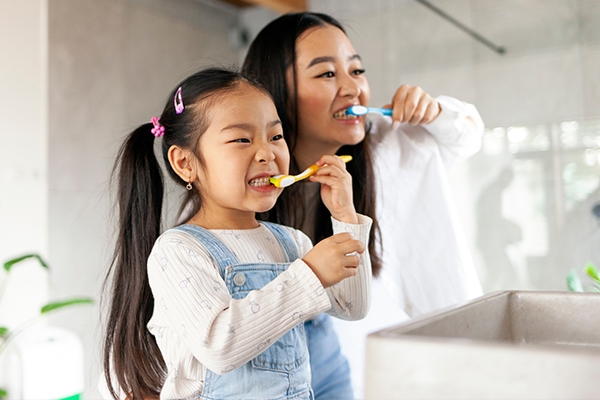
To encourage your child to brush their teeth properly, set an example. Create a comfortable atmosphere and set a daily brushing habit. Brush your teeth with your child so they can learn by watching you.
Young children may swallow toothpaste or water used to rinse their mouths. Therefore, they should choose fluoride-free toothpaste and rinse their mouths with boiling water.
Step 2. Teach them the proper brushing technique and let them try it.
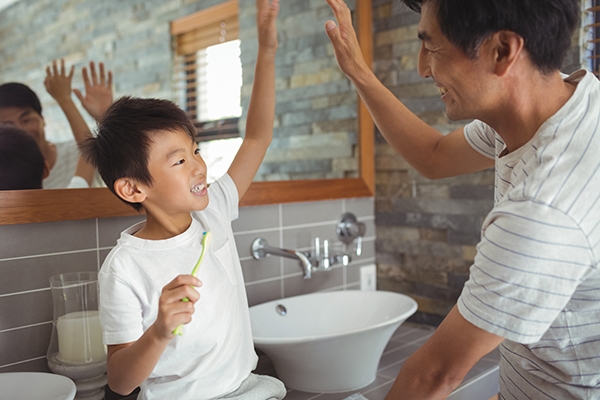
Most children do not develop the fine motor skills to brush their teeth properly until age 6 or 7. Until then, you can brush their teeth for them.
Show them how to squeeze toothpaste onto the brush using a mirror so they can observe. Slowly demonstrate the correct brushing technique and explain each step.
Once they are old enough to brush on their own, encourage them to continue this habit by brushing in the morning and at night. Reinforce proper brushing techniques to ensure they are cleaning their teeth thoroughly.
Step 3. Encourage your child to be more thorough.
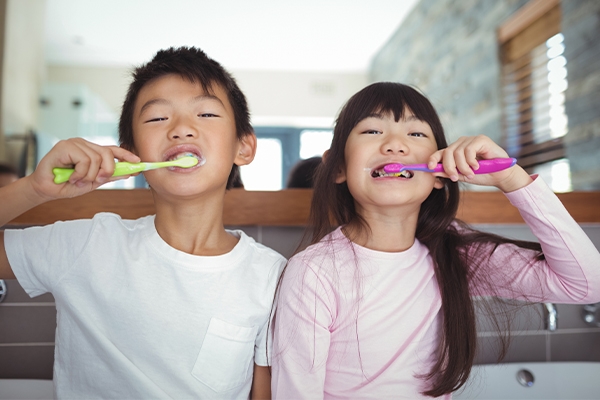
Ensure your child brushes for two minutes. You can use a song or timer to count down and encourage them to use lots of bubbles with the toothpaste.
When the two minutes are up, instruct them to spit the toothpaste into the sink and not swallow it. Then, ask them to rinse their mouths and brush their teeth.
Dental checks for children
It is recommended that children undergo an oral health check-up when they are two years old. A dentist or other health care professional can perform this check-ups.
Older children should still have regular check-ups. Visit Klinik Utama GWS Permata Hijau, a dental clinic in Jakarta Selatan, for dental care and check-ups for your little one.



